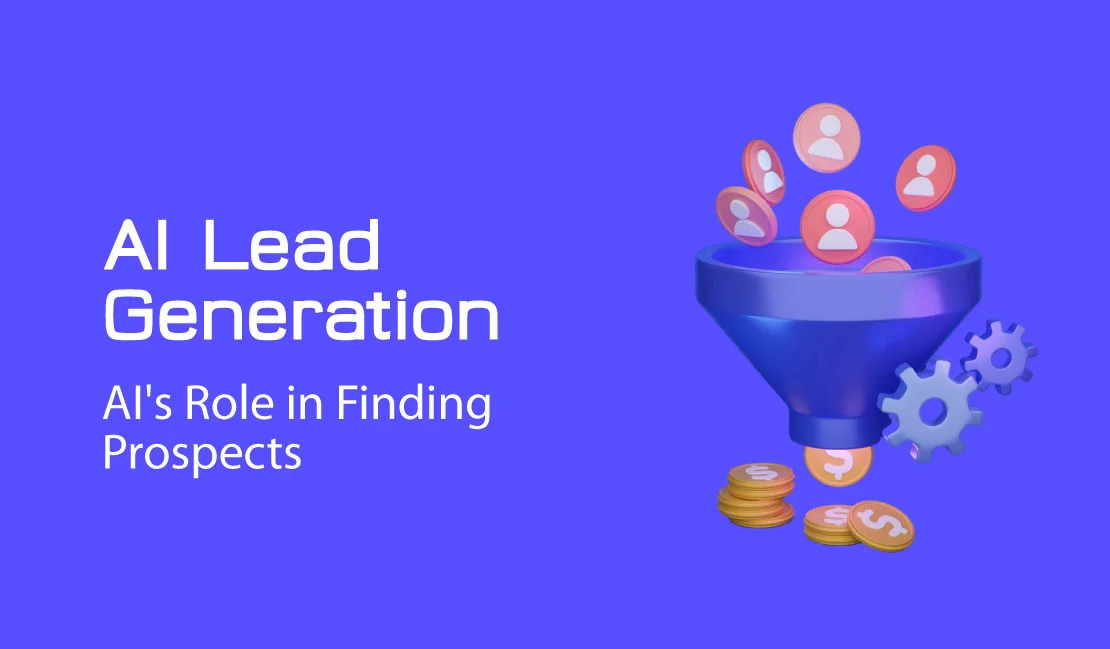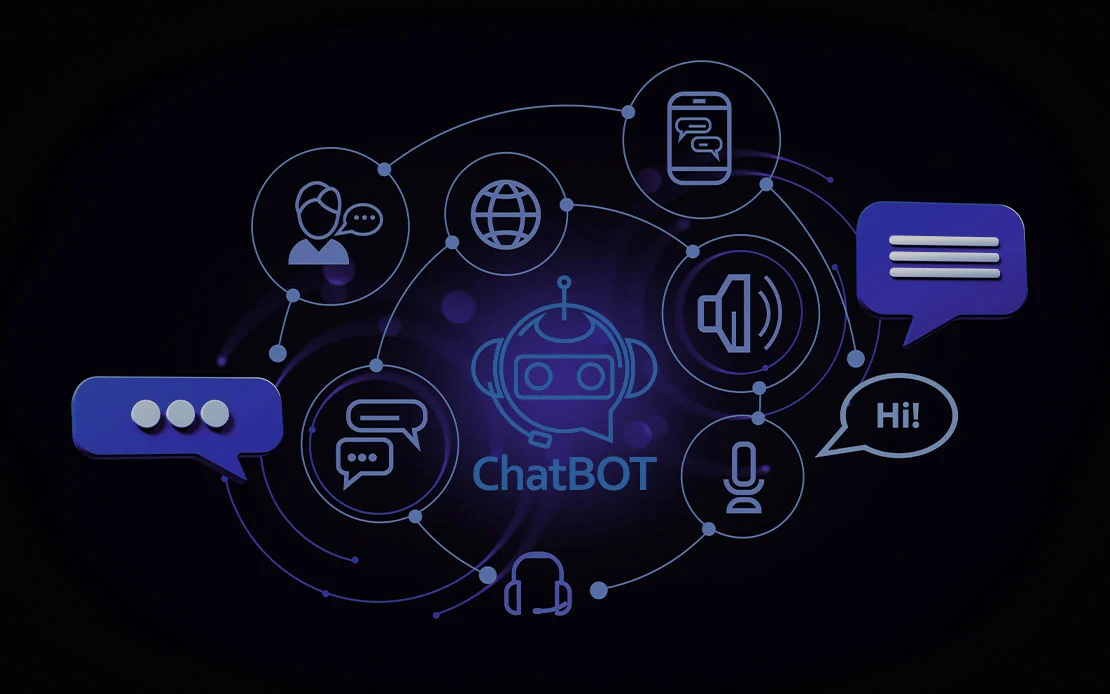Lead generation has always been the lifeblood of any successful business, but the process of finding, qualifying, and nurturing leads is often time-consuming and inefficient. Enter AI—a transformative technology that is reshaping how businesses identify and engage potential customers. By automating key parts of the process, AI not only speeds things up but also helps businesses find higher-quality leads, nurture them more effectively, and convert them into loyal customers.
In this article, we’ll explore the advantages of using AI for lead generation, the techniques AI employs to identify and qualify leads, how AI integrates with CRM systems, and some ethical considerations to keep in mind.
AI Techniques for Identifying and Qualifying Leads
One of the most significant advantages AI offers in lead generation is its ability to process large amounts of data quickly and efficiently. AI-powered tools can analyze customer behaviors, browsing patterns, and even social media interactions to identify leads that traditional methods might miss.
Here are some of the key techniques AI uses to identify and qualify leads:
1-Predictive Analytics
AI uses predictive analytics to identify prospects who are most likely to become customers. By analyzing historical data, such as a customer’s previous interactions with your website or email campaigns, AI can predict their likelihood of converting. This allows your sales team to focus on leads that are most likely to make a purchase, rather than wasting time on less promising prospects.
2- Behavioral Tracking
AI can track user behavior in real-time. For example, if a visitor repeatedly returns to your pricing page, an AI system will flag this as a high-potential lead. AI-powered tools like Leadfeeder and HubSpot use behavioral tracking to monitor user activities across your site, helping you prioritize leads based on their engagement levels.
3- Social Media Mining
AI can scan social media platforms to identify potential leads based on their interests, behaviors, and interactions with your brand or competitors. Tools like LinkedIn Sales Navigator use AI to analyze users’ professional profiles and activities, providing a list of leads who fit your ideal customer profile.
4- Intent Data Analysis AI can analyze “intent data”—signals that suggest a prospect is actively searching for a solution to a problem. This data can come from online searches, content downloads, or interactions with specific keywords on your site. By using AI to assess intent data, businesses can reach out to prospects at the right moment in their buying journey, increasing the chances of conversion.
Nurturing Leads More Effectively
Once AI has identified potential leads, it doesn’t stop there. AI-powered systems can also help nurture these leads by providing personalized content, timely follow-ups, and automated engagement.
- Personalization at Scale: AI allows businesses to deliver personalized content and messages to thousands of leads simultaneously. For instance, tools like Marketo use AI to send personalized emails based on a lead’s preferences, behavior, and position in the sales funnel. This tailored approach increases engagement and helps move leads down the pipeline faster.
- Chatbots for Engagement: AI-powered chatbots are excellent tools for engaging leads in real-time. By asking qualifying questions and offering helpful information, chatbots can nurture leads from the moment they land on your website. Drift and Intercom are examples of platforms that use AI chatbots to guide leads through the sales process, offering personalized suggestions and answering questions 24/7.
- Automated Follow-Ups: AI can automate follow-ups with leads at critical moments in the customer journey. For example, if a lead abandons a shopping cart, an AI system can send a follow-up email with a reminder or a special offer. This automation ensures that leads don’t slip through the cracks due to delayed or missed follow-ups.
Integrating AI with CRM Systems
One of the most powerful ways to maximize the impact of AI on lead generation is by integrating it with your existing Customer Relationship Management (CRM) system. This combination provides better tracking, more accurate forecasting, and deeper insights into lead behavior.
Conclusion
AI is revolutionizing the way businesses approach lead generation by automating tasks, improving lead quality, and increasing the efficiency of sales teams. From predictive analytics to personalized nurturing, AI offers a wide range of techniques that can significantly improve your lead generation efforts.
By integrating AI with CRM systems, businesses can track leads more effectively, streamline processes, and make data-driven decisions that drive revenue. However, it’s crucial to implement AI ethically by being transparent with users and ensuring data security.
The future of lead generation is AI-powered, and those who embrace this technology will be well-positioned to find and convert high-quality leads in a competitive marketplace.





